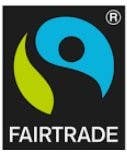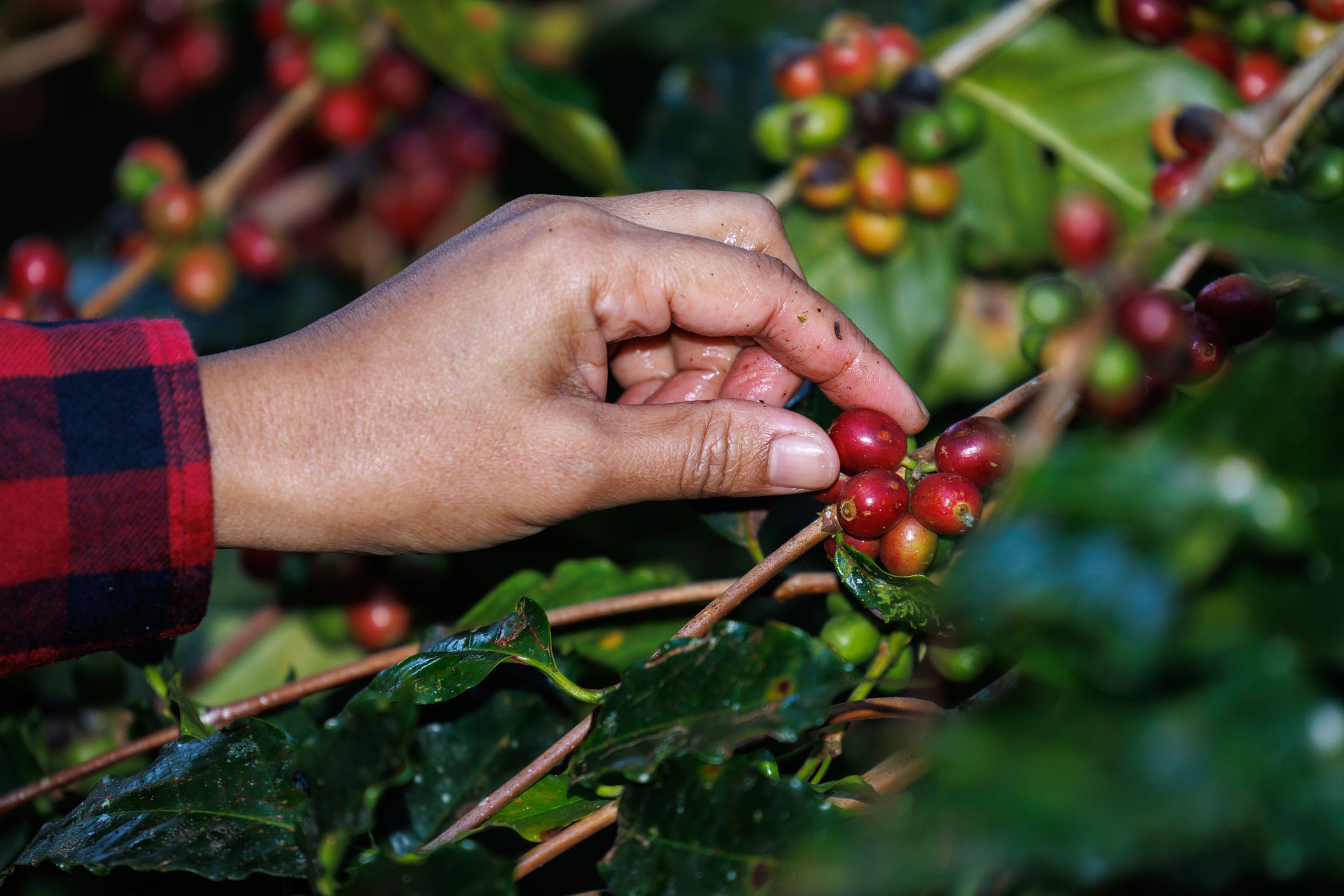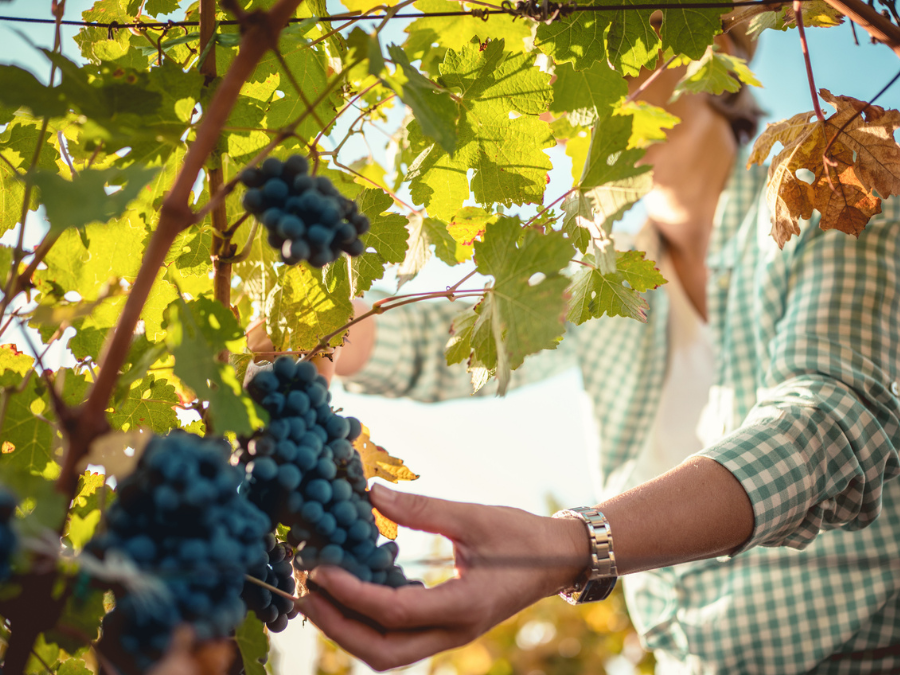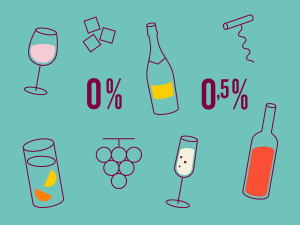In October, we’re spotlighting and celebrating fair trade!
We sell products from around the globe – that’s a well-known fact. But it doesn’t mean you can’t make responsible choices the next time you visit the SAQ. How? By choosing fair trade-certified products. These are wines and spirits from producers that receive a fair price for their labour and whose production practices meet ethical and environmental standards.
When you buy these products, you support responsible trade practices as well as producers who benefit directly from the approach. It’s an excellent way to incorporate ethical values into the choices you make as a consumer. Look for the Fairtrade or Fair for Life logo on our shelves or online; they’re found on some of our products, mainly ones from South Africa, Chile and Argentina.
These certifications provide the assurance that the following requirements are met:
• A fair price
• A humane business relationship
• Working conditions respectful of human rights
• A healthy environment that supports sustainable agriculture, and
• Skill upgrading opportunities and self-empowerment of producers and workers.






What is fair trade?
“Fair trade is a business relationship based on dialogue, transparency and respect that aims for increased fairness in international trade. It contributes to sustainability by providing better trade conditions and securing the rights of marginalized producers and workers in developing countries. Supported by consumers, free-trade organizations are actively involved in assisting producers, raising awareness and taking part in campaigns to change the rules and practices of conventional international trade. Fair-trade products are made and sold in accordance with these principles, a process that, when possible, is certified by independent and credible guarantee schemes.”
(Translated. Source: Association québécoise du commerce équitable)
Did you know?
Buying a fair-trade wine or spirits helps ensure better living conditions for the people who grow and transform grapes, sugarcane and other crops. The farmers who produce these products do not always earn enough to meet their family’s basic needs and may face a significant double challenge: low pay and poor work conditions.
Producers that join a fair-trade network commit to paying a decent wage and providing good working conditions. They also undertake to abide by the principles of international labour rights conventions, including the freedom of association, occupational health and safety and the banning of forced labour and child labour. Fair trade works to end to discrimination by favouring education. Fair trade supports cooperatives by helping them play a bigger role in the supply chain, increasing their income. In addition, fair trade guarantees a minimum price – a welcome safety net for small producers.
Fair trade’s strict health and the environment standards ban the use of various highly toxic pesticides often spayed on fields. They also set out specific rules for safely applying less toxic products.
 Access to SAQ Inspire personalized services and store inventories are unavailable at the moment.
Access to SAQ Inspire personalized services and store inventories are unavailable at the moment. Free in-store delivery with purchases of $75+ in an estimated 3 to 5 business days.
Free in-store delivery with purchases of $75+ in an estimated 3 to 5 business days. 










